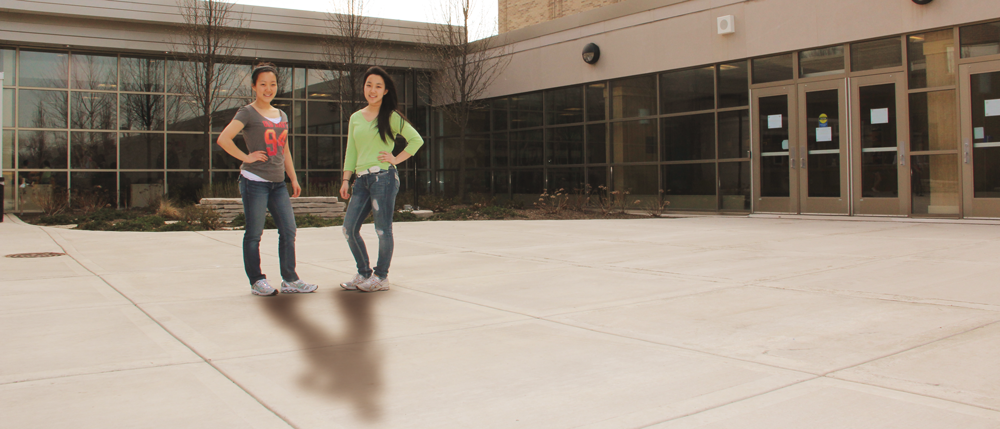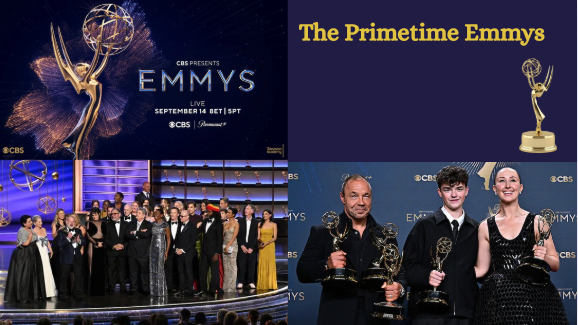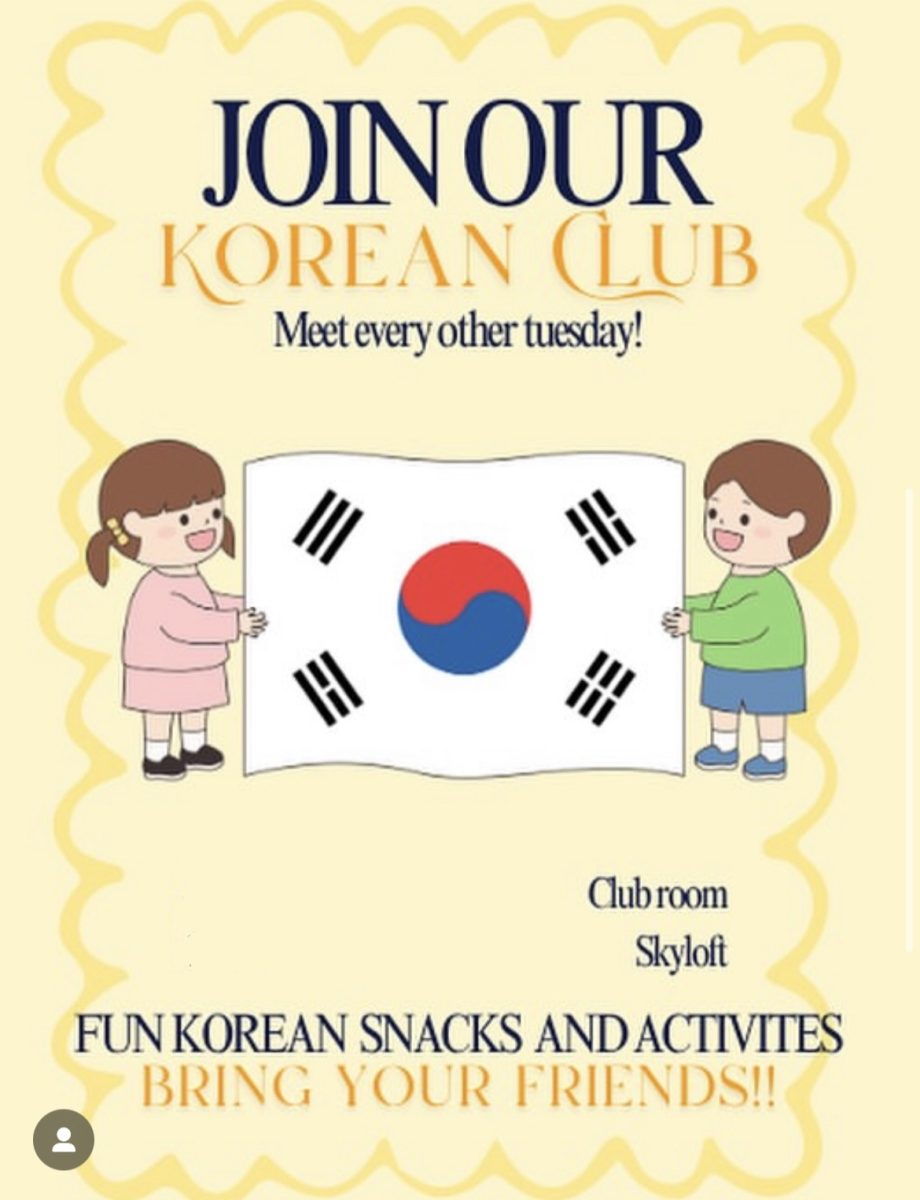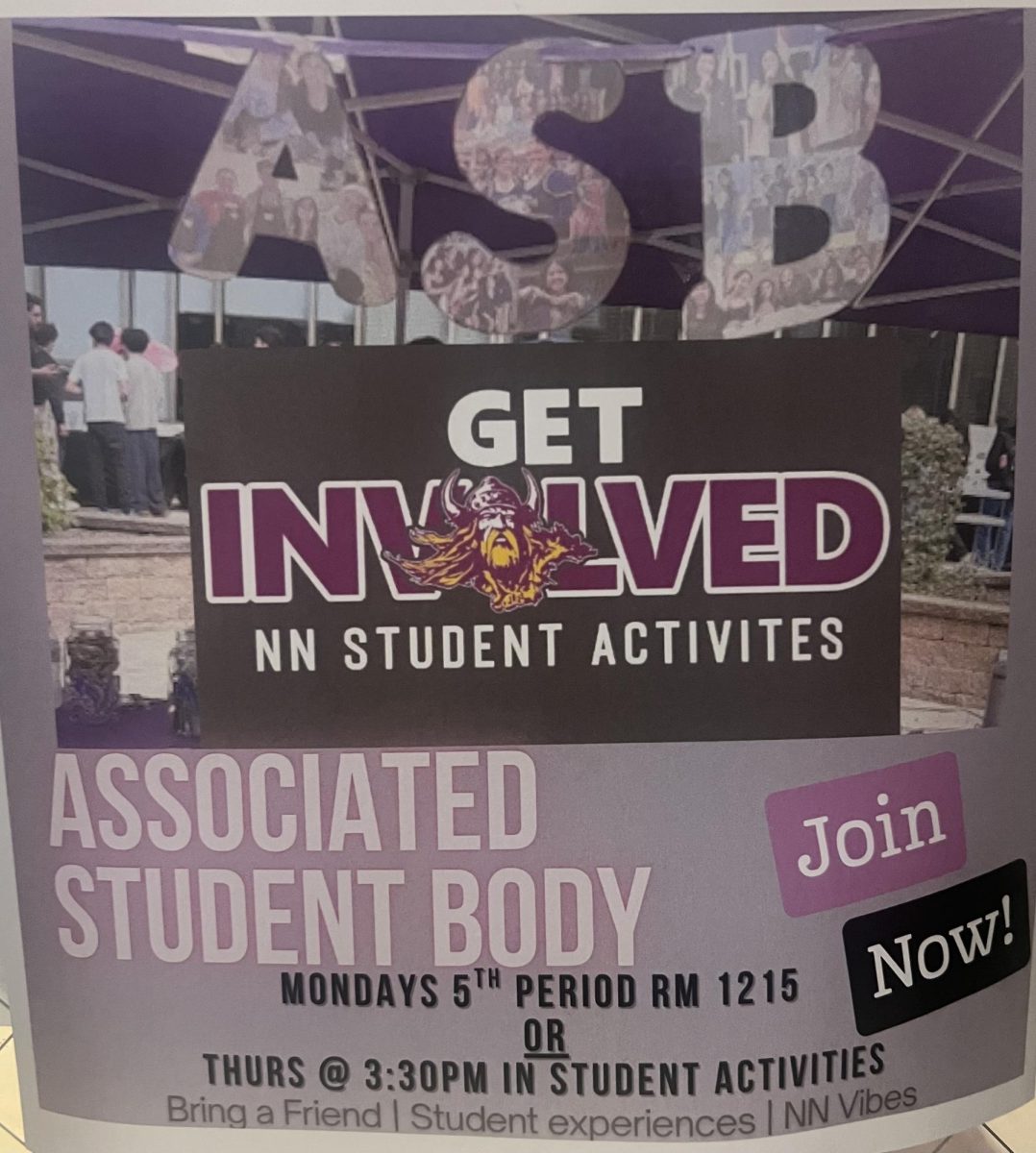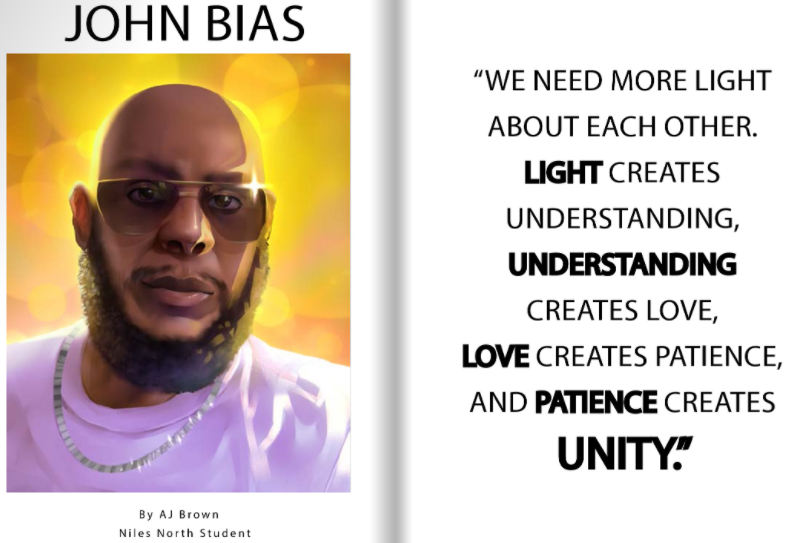For those who don’t know, I have a fraternal twin brother named Ross. Being a twin, people always ask me what it’s like. I can find both positive and negative aspects of being a twin (for example, having a built-in companion but also having to share a lot of things with them, including your birthday), but I turned to my fellow twins and a set of triplets to get their perspectives and opinions on our unique situation.
Juniors Kelly and Sally Oh are in a situation similar to my own, however they are identical twins which makes their experience very different from mine. “Because we look so alike, people get us confused a lot,” Sally says. “However, being identical also allows us to switch classes and play tricks on people!”
Though Sally and her sister look alike, her sister Kelly says that that’s as similar as they get. “We do NOT have the same friends [and] we have VERY different personalities,” she says. Despite their somewhat contrasting personalities, the sisters both agree that they get along very well.
Senior Rikki Albert says the same is not true for her and twin sister Jaimie. “My sister and I do not get along at all,” she says. “We fight all the time but sometimes we can laugh together.” Jaimie agrees that she and her sister typically don’t get along, but she says “when push comes to shove, I’ll always be there for my sister.”
Both sets of twins agree that a disadvantage of being a multiple is being compared. “We get compared a lot and it makes me uncomfortable,” Kelly says. “Even when people say good things about me it doesn’t make me feel good because I know how it feels to be [the other twin].”
That comparison between siblings can cause competition, especially when the siblings are the same age or even look alike. “I think it’s natural to have sibling rivalry,” Jaimie says. “Growing up it was a lot worse. Now we [just] accept that we are two different people.”
If it seems that having one person to get along with and compete with is enough, imagine having two. Freshmen Danielle, Jessica and Rochelle Kropveld are triplets, and though it seems it’d be even more challenging to get along with two other siblings, let alone one, they’d tell you otherwise.
“Fortunately, getting along is one thing we have in common!” Jessica jokes. Though the three get along well now, Danielle admits that when they were little they found trivial things to fight about. Rochelle thinks that part of the reason for the sisters’ minor fighting when they were little was the fact that they couldn’t find much privacy. “Having two girls constantly wondering what you’re doing or [questioning your decisions] gets a bit annoying.”
Though they may still question each other once in a while, both the triplets and the twins that I talked to seem to have a deep understanding of their siblings. So deep, in fact, that they get asked about twin/triplet telepathy.
Sally denies that this connection really exists but she does admit that her twin always understands what she’s talking about or feeling.
Jessica says that when she and her sisters were three- or four-years-old, they were able to understand each other even when no one else could since they created their own triplet language. “We used it around adults so they couldn’t hear our mischievous ideas or plans,” she says. “Something like that came from spending so much time around each other. We know[each other] so well that there is a lot of wordless communication between us, but that’s as close as we can get to triplet telepathy for now.”
No matter how similar or different siblings tend to be, being with someone so often and having a unique connection like being a twin or a triplet really changes a person. As Jessica puts it, “I would not be who I am today without my sisters.”


